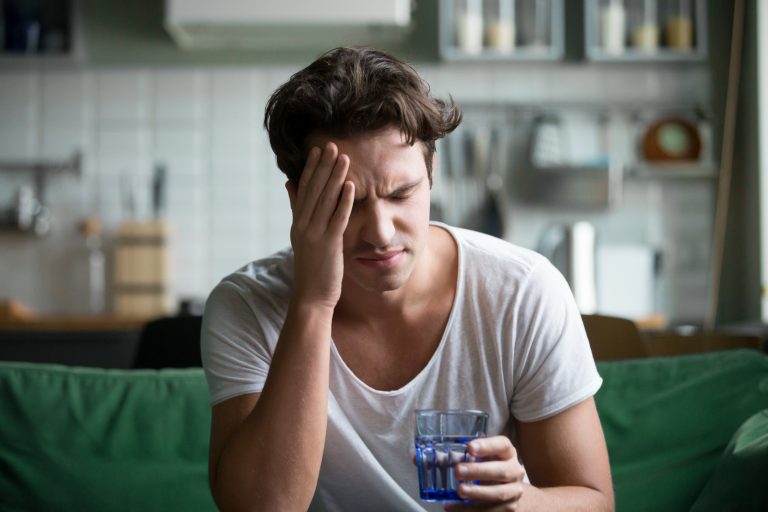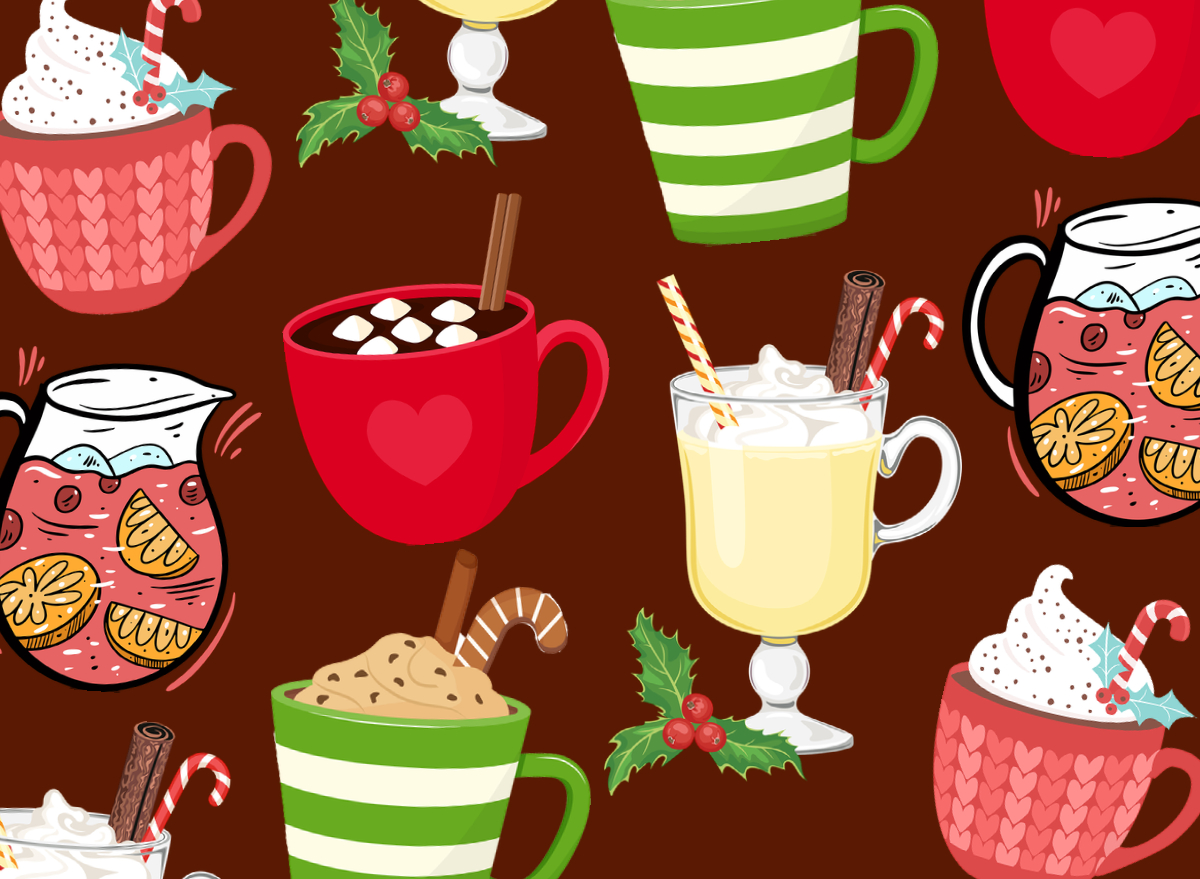Happy Holidays to everyone!
Aside from gatherings, lots of food, unusual consumption of carbs and sweets, less exercise and travel, alcohol consumption may or often does go up! The Savvy Diabetic wants to share this useful article all about too much drinking and diabetes.
Diabetes and Hangovers: What You Need to Know was written by Christine Fallabel for DiabetesDaily.com, 15 December 2021.
 Anyone who lives with diabetes knows that a hangover can wreak havoc not only on productivity and mood but also on your blood sugars, leaving them unpredictable for hours (and even days). When you’ve had too much to drink and you’re feeling hungover, what can you do? This article will touch upon what you can expect after a night of heavy drinking, the best course of action to take to help your diabetes management when you are hungover, the best food and beverages to help treat a hangover, and how you can prevent a hangover in the future.
Anyone who lives with diabetes knows that a hangover can wreak havoc not only on productivity and mood but also on your blood sugars, leaving them unpredictable for hours (and even days). When you’ve had too much to drink and you’re feeling hungover, what can you do? This article will touch upon what you can expect after a night of heavy drinking, the best course of action to take to help your diabetes management when you are hungover, the best food and beverages to help treat a hangover, and how you can prevent a hangover in the future.
Alcohol itself is known to cause low blood sugars. This is because alcohol use can both improve insulin sensitivity and inhibit glucose production in the liver, each of which leads to increased risk of hypoglycemia. While moderate alcohol use is not likely to be dangerous, heavy drinking is another story, especially given the fact that the effects of drunkenness make it so much more difficult to assess and treat one’s own glucose control issues.
 The glucose-lowering is definitely not restricted to the time where the disorienting effect of alcohol is felt most keenly – it actually peaks hours later, during the hangover. In a fun 2001 study published in Diabetes Care, scientists got six men with type 1 diabetes drunk on about one bottle of white wine each, and then watched what happened. The brave volunteers drank their fill between 9:00 pm and 10:30 pm, a few hours after eating dinner. Alcohol causes blood sugar to drop, as explained, above, but what was surprising was how long that effect took to show up. Five of the six men experienced symptomatic hypoglycemia, and they all did between 10:00 am and noon the next morning, about 12 hours after drinking.
The glucose-lowering is definitely not restricted to the time where the disorienting effect of alcohol is felt most keenly – it actually peaks hours later, during the hangover. In a fun 2001 study published in Diabetes Care, scientists got six men with type 1 diabetes drunk on about one bottle of white wine each, and then watched what happened. The brave volunteers drank their fill between 9:00 pm and 10:30 pm, a few hours after eating dinner. Alcohol causes blood sugar to drop, as explained, above, but what was surprising was how long that effect took to show up. Five of the six men experienced symptomatic hypoglycemia, and they all did between 10:00 am and noon the next morning, about 12 hours after drinking.
That means that you’re just as likely to have blood sugar issues the morning after drinking. And the more you drink, the greater the likelihood of low blood sugar, and the less capable you will be of dealing with it.
Read more: Diabetes and Hangovers: What You Need to Know


LOL, or the best one of all – don’t indulge to eliminate the hangover.